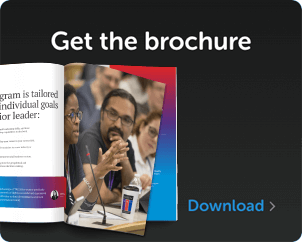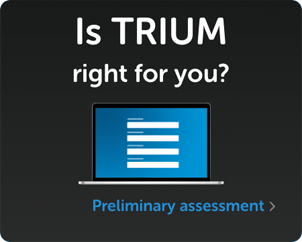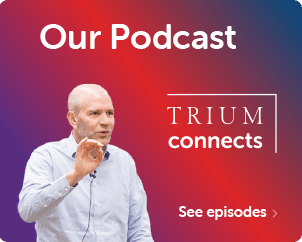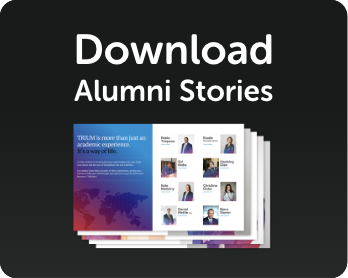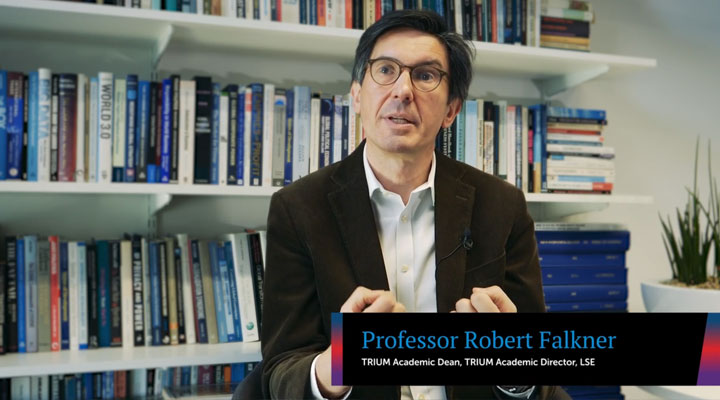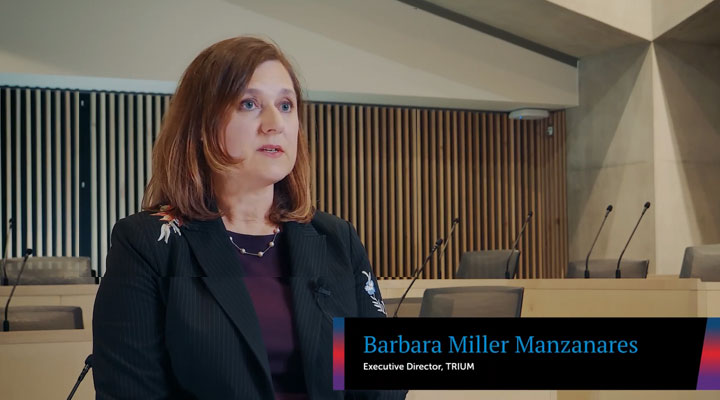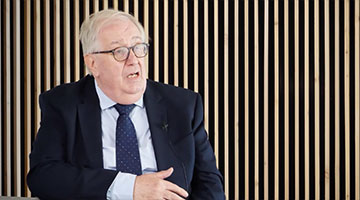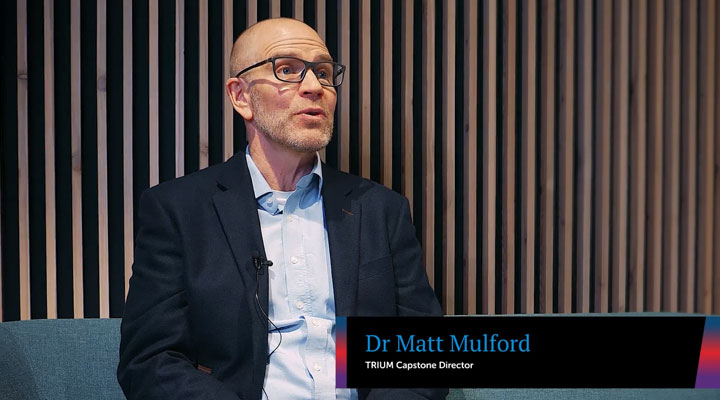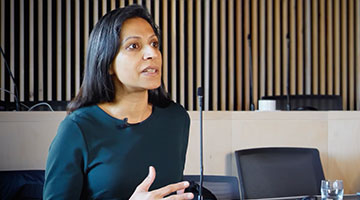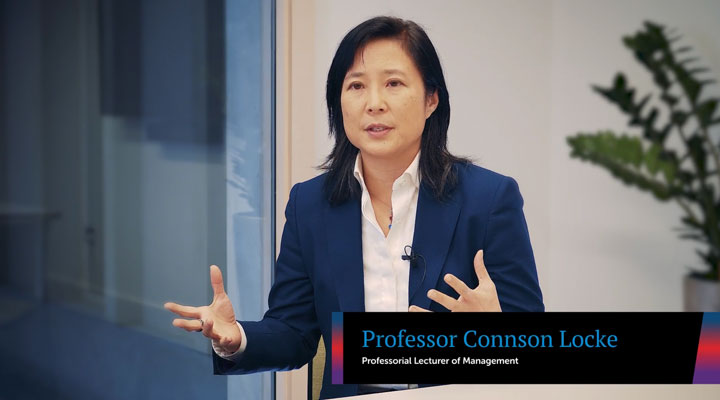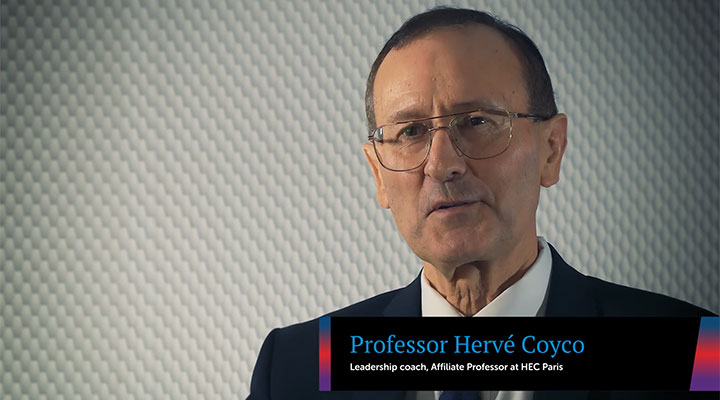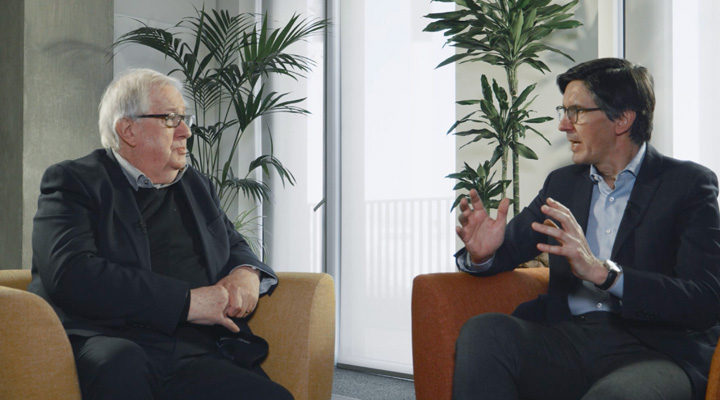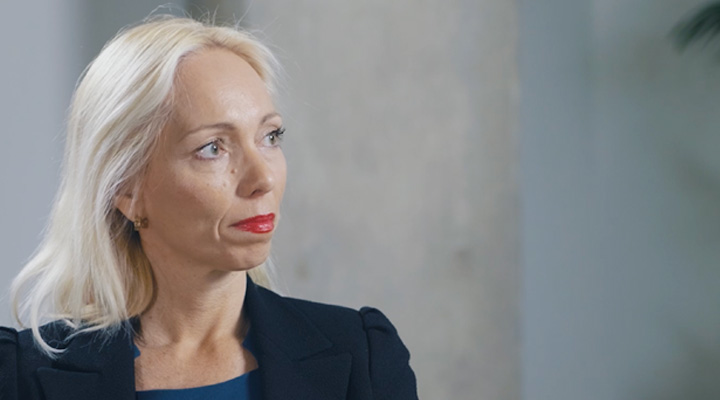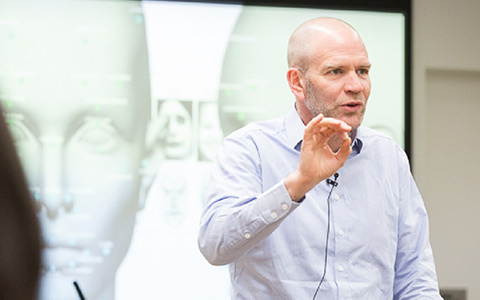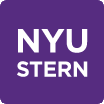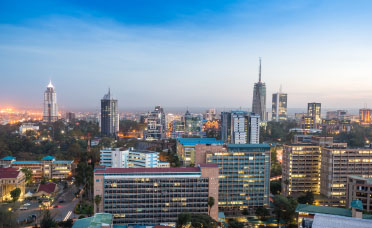
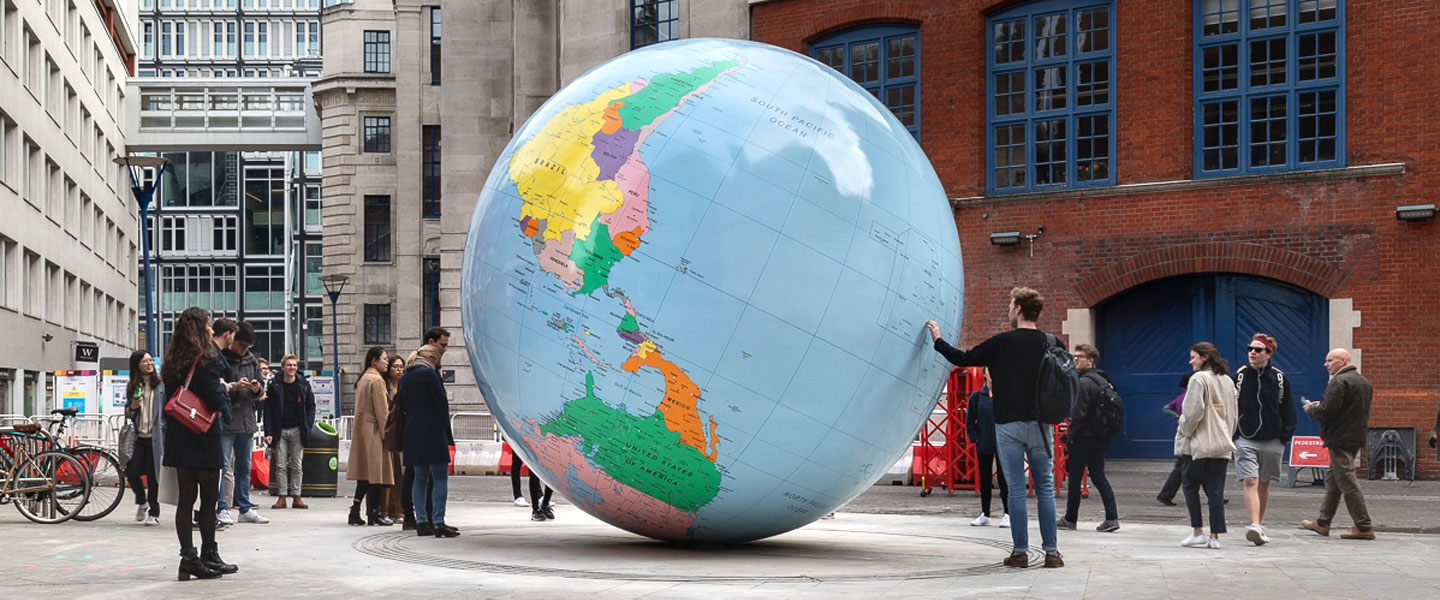
Business in the
Global Political Economy
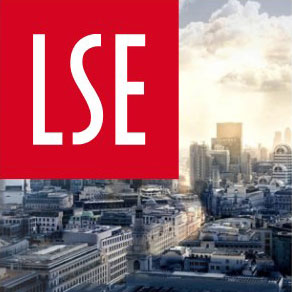
Module 1
London, UK 7-19 September 2025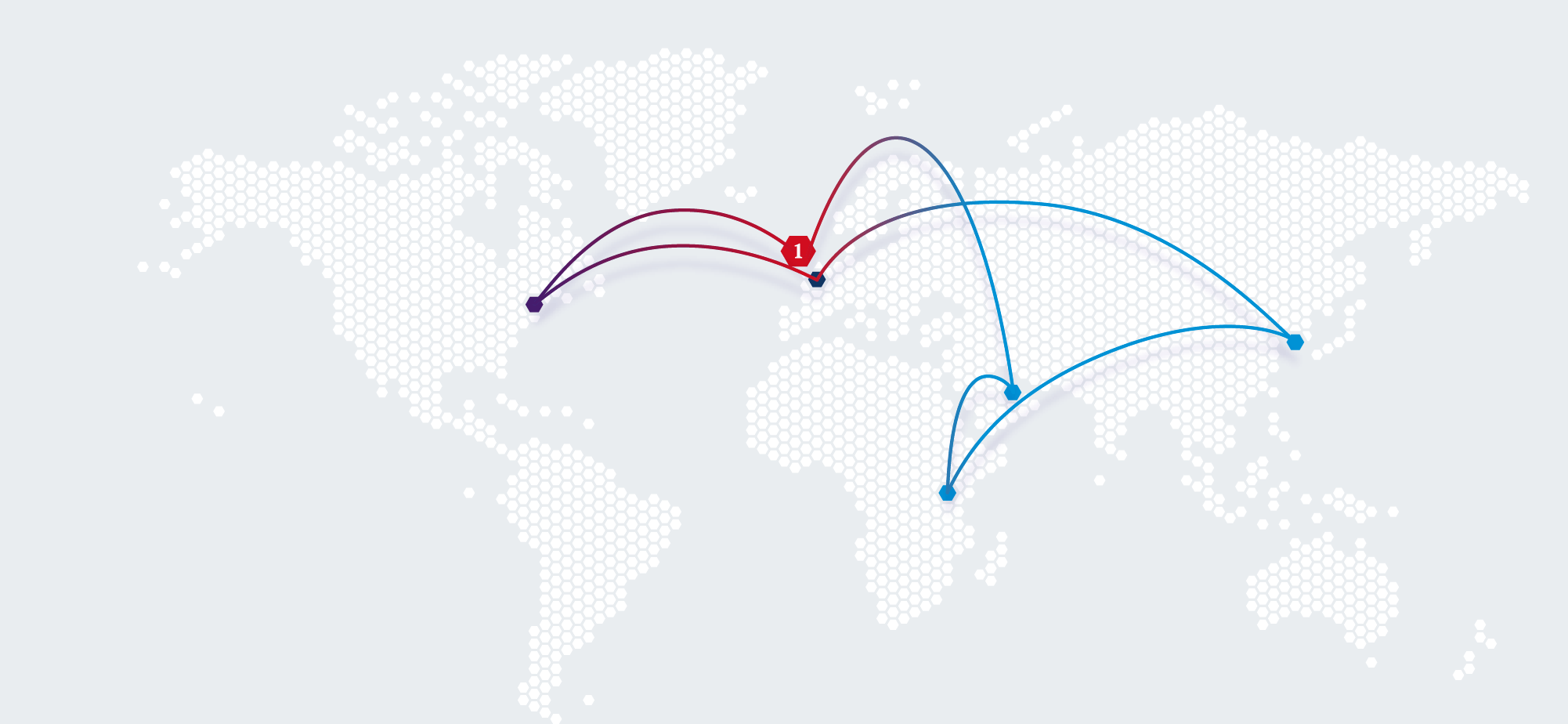
The module introduces multi-disciplinary perspectives on how economic globalization is transforming world markets, how the international rules that govern the world economy are changing, and how political crises and international conflicts impact on business.
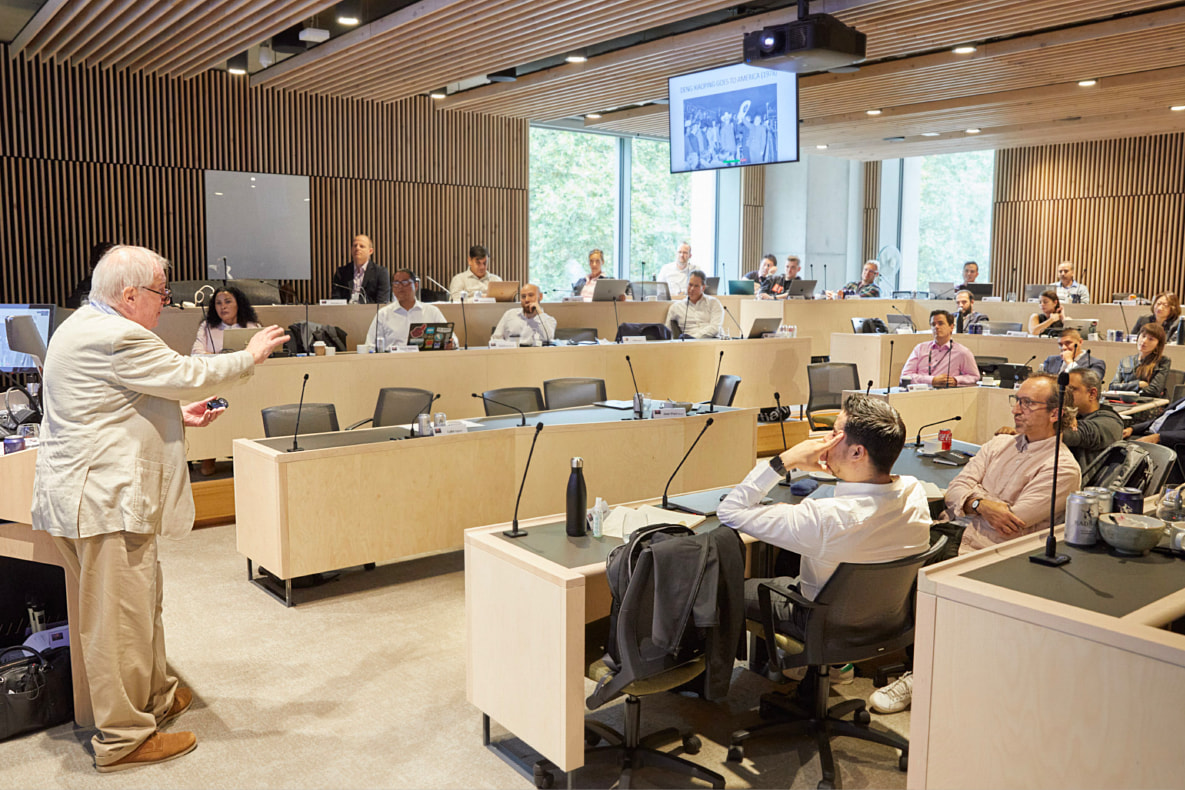
Key themes of Module 1
The principal emphasis of this module is upon the interaction between economics and politics, or political economy, explored through a number of different angles.

Geopolitics and business
Business leaders need to develop a nuanced and sophisticated understanding of the global political, social and economic environment for sustained business success in the 21st century – even if the business in question is almost entirely domestically focused.
We examine some of the major controversies sparked by economic globalization: Who are the winners and losers? Should we be concerned about rising levels of inequality? How does growing social and political contestation of globalization affect international business? Who governs globalization? Is geopolitical rivalry leading to de-globalization? And how can business leaders respond to the opportunities and risks that (de)globalization creates?
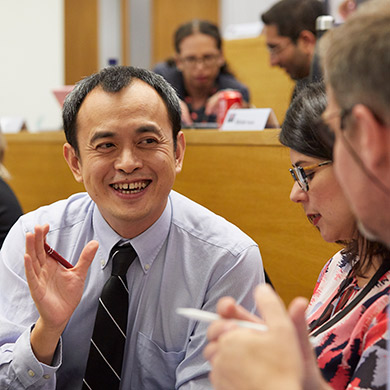
We look at shifting geopolitical power dynamics: how seriously should we take predictions of a decline of the American ‘empire’? Does the common idea of the power shift from the west to the ‘rest’ stand up to scrutiny? What is the effect of the global wave of populism and what are its implications for global business? How might tensions between the West, China, Russia and the ‘Global South’ play out and what effect might this have on business?
We also look at the significant challenges faced by the EU as the world’s largest economy and the most politically integrated international organization globally. We consider the EU’s future trajectory and changing political and economic relationships with the rest of the world.
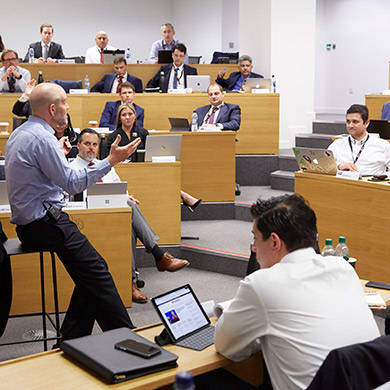
Analysis and decision making
In addition to the geopolitical focus, module one also covers the tools and techniques needed to become intelligent consumers of others’ summaries of the analysis of quantitative information, and examine our understanding of risk, uncertainty and causation.
The aim is to enable better decision making through both the ability to intelligently interpret quantitative data summaries, and the ability to assess the roles skill and luck play in business performance.
Leadership
We also start our leadership stream, which is continued throughout the program, including the identification and development of the leadership skills necessary to thrive in contemporary business.
Featured faculty
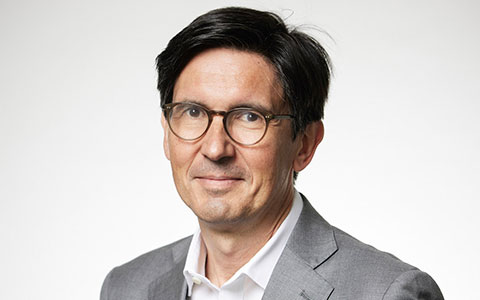
Professor Robert Falkner
TRIUM Academic Dean, Academic Director, TRIUM, LSE (Modules 1 & 6)
View BioProfessor Robert Falkner
TRIUM Academic Dean, Academic Director, TRIUM, LSE (Modules 1 & 6)
Hide BioProfessor Falkner is a Professor of International Relations at the LSE and a Distinguished Fellow of the Munk School of Global Affairs & Public Policy at Toronto University. He was the Research Director of the LSE’s Grantham Research Institute on Climate Change and the Environment in 2017-22. Robert has published widely on issues relating to international political economy, global business and global environmental politics.
Faculty focus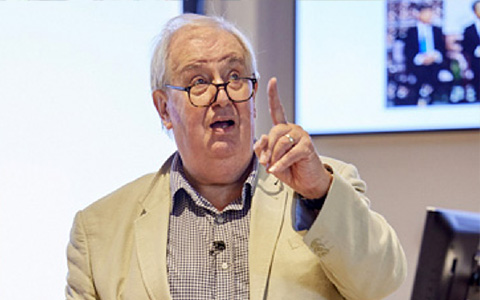
Professor Michael Cox
Emeritus Professor of International Relations at LSE
Hide BioProfessor Micheal Cox helped establish the Cold War Studies Centre in 2004 and expand it into IDEAS, a foreign policy centre based at the LSE which aims to bring the academic and policy words together, in 2008. In a 2014 international survey, IDEAS was ranked 2nd in the world amongst the best university affiliated Think Tanks.
Faculty focus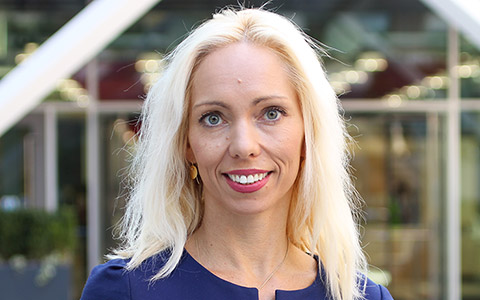
Professor Sara Hobolt
Sutherland Chair in European Institutions, Department of Government
Hide BioSara Hobolt is the Professor in the LSE Department of Government and the Sutherland Chair in European Institutions. Previously, she has held posts at the University of Oxford and the University of Michigan. She is the Chair of the European Election Studies (EES), an EU-wide project studying voters, parties, candidates and the media in European Parliamentary elections.
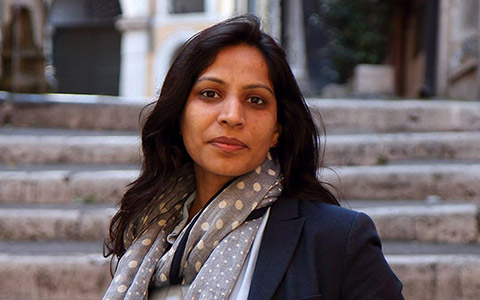
Professor Swati Dhingra
Associate Professor of Economics
Hide BioSwati Dhingra is an Associate Professor at the Department of Economics at LSE. Before joining LSE, she completed a PhD at the University of Wisconsin-Madison and was a fellow at Princeton University. Her research interests are international economics, globalization and industrial policy. Current areas of research include: The impact of trade agreements, Firms in international trade and Industrial development in India.
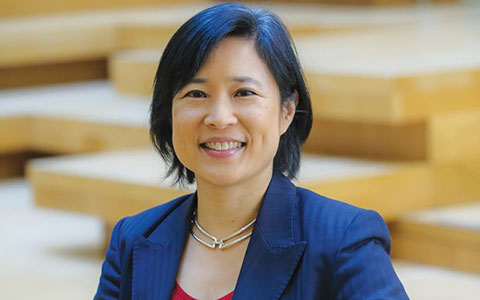
Professor Connson Locke
Professor of Management, Deputy Head of Department (Teaching and Learning)
View BioProfessor Connson Locke
Professor of Management, Deputy Head of Department (Teaching and Learning)
Hide BioConnson Chou Locke joined the LSE Department of Management in 2008 where she teaches leadership, organisational behaviour, and negotiation and decision making. She has received several teaching awards including the Department of Management Outstanding Teaching Contribution Award and the LSE Excellence in Education Award. Professor Locke holds a PhD and MSc in Business Administration (Organisational Behaviour) from the University of California at Berkeley and a BA in Sociology from Harvard University where she graduated with honours.
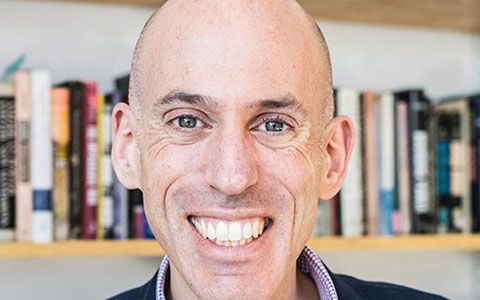
Professor Jeffrey Chwieroth
Professor of International Relations
Hide BioJeffrey Chwieroth is Professor of International Political Economy in the Department of International Relations at the London School of Economics. He is also Research Associate of the Systemic Risk Centre and Head of Department. His research has been supported by grants from the Australian Research Council, the AXA Research Fund, the British Academy for the Humanities and Social Sciences, and the Economic and Social Research Council.
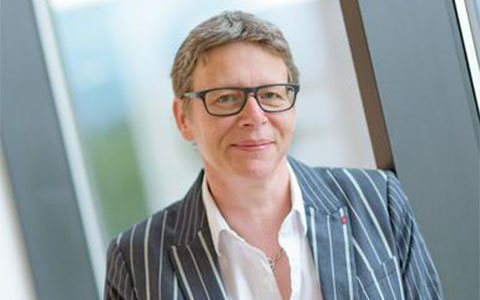
Professor Joanne Horton
Professor of Accounting at the University of Warwick
Hide BioJoanne Horton is Professor of Accounting at the University of Warwick. She was formerly a Professor at Exeter University and an Associate Professor (Senior Lecturer) at the London School of Economics. Joanne currently holds a Visiting Professorship at Gothenburg University.
Alumni perspectives
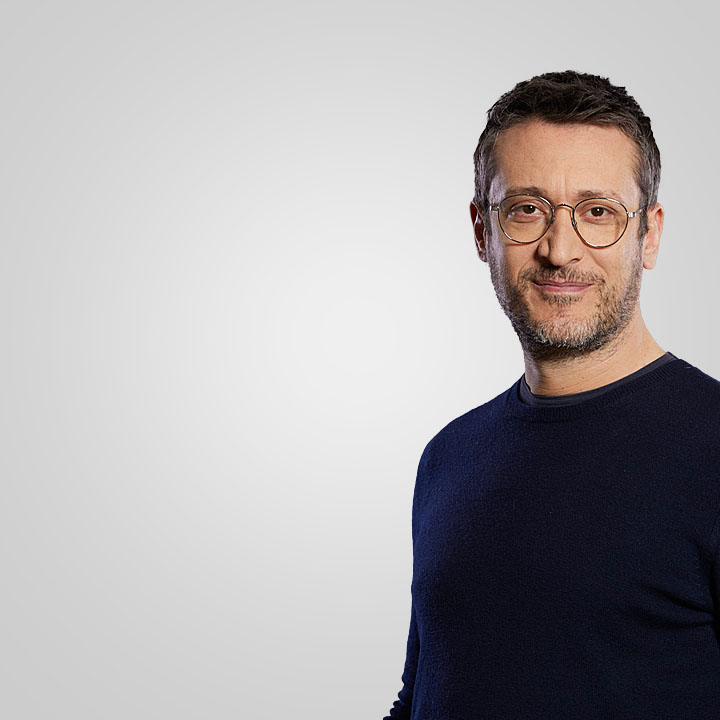
Fabrizio Siracusano
Italy Class of 2020TRIUM’s “secret sauce” sits in the wide diverse range of experiences brought on the table by participants, from many and unexpected parts of the world. Together with ever-changing specific focuses on last technology and business trends, this combo generates a free flow of ideas fit to become real business in the real world. That’s awesome and that was my main take away.
Explore the modules
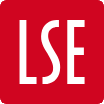

London
7-19 September 2025
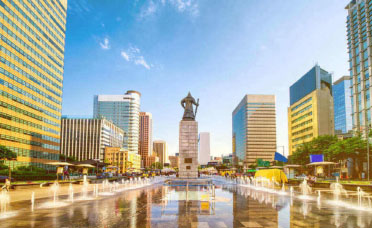
Seoul
12-22 July 2026

